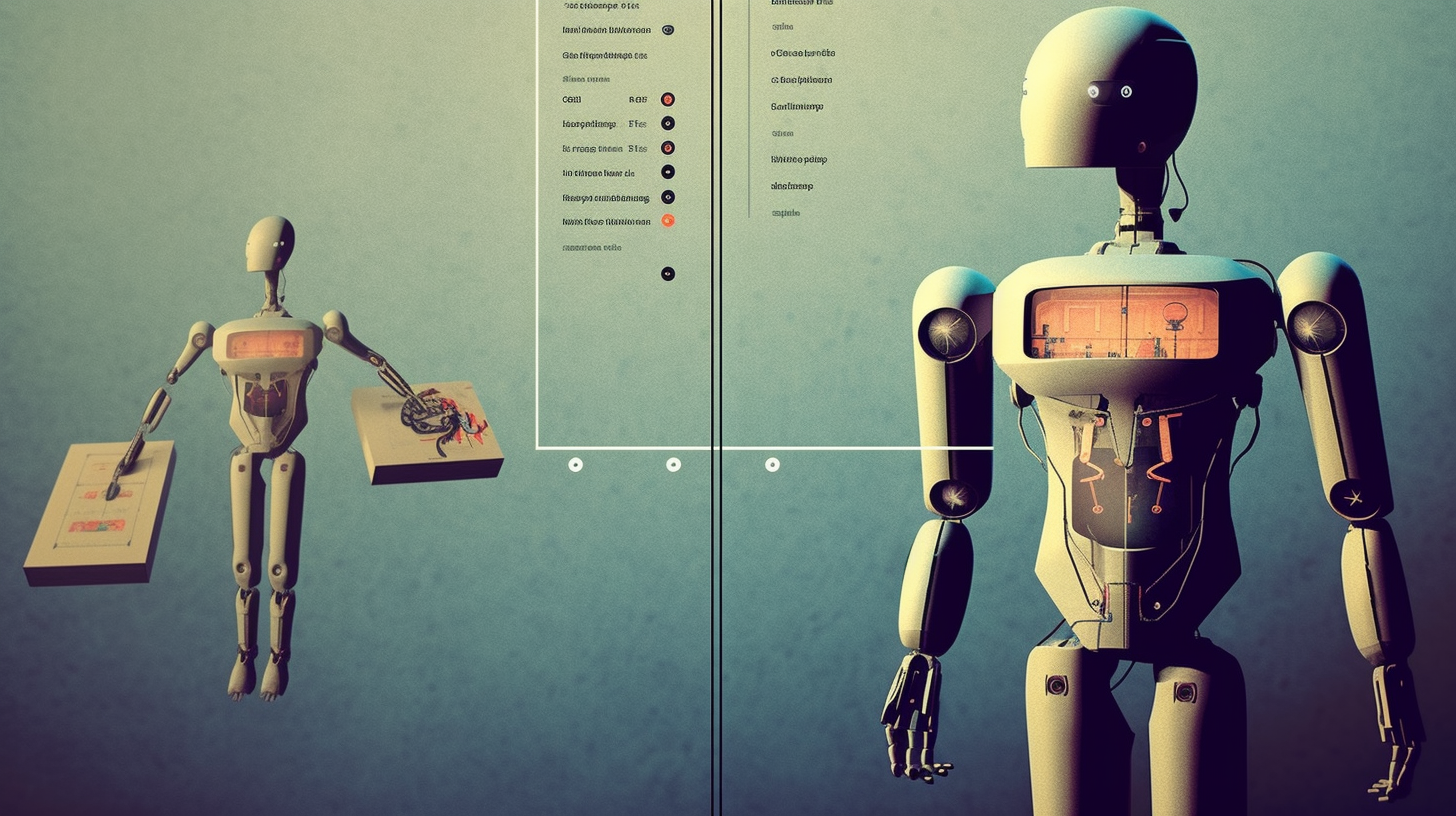AI and Ethics: Walking the Tightrope of Innovation and Responsibility
Artificial intelligence (AI) has firmly woven itself into the fabric of our existence, transforming everything from healthcare to entertainment. Yet, as we stand on the precipice of this brave new world, we are compelled to confront the ethical challenges that AI presents. Let's dive deep into these critical issues and chart a course toward responsible and conscientious AI development.
Shattering the Mirror: Bias and Fairness in AI Systems
AI systems, trained on vast swaths of data, can unwittingly magnify the biases present in those datasets, leading to prejudiced outcomes. This issue goes beyond mere lines of code—it's a societal issue that's been transposed onto our digital future. To combat this, we need to rigorously audit our training data for inherent biases, utilize more diverse datasets, and design AI systems that are conscious of and can counteract these biases. It is not enough to merely correct bias; we must actively uproot it from the AI landscape.
The Privacy Quandary: Security in the AI Era
The hunger of AI systems for data is insatiable, but this data often includes personal and sensitive information. This raises significant concerns around privacy and security. One potential solution lies in differential privacy, a method that adds 'noise' to the data, protecting individual identities while allowing the overall patterns to shine through for the AI to learn. This, combined with robust encryption techniques, can form the bulwark protecting user data in the age of AI.
Decoding the Black Box: Transparency and Explainability
There is an inherent tension between the complexity of AI systems and our desire to understand how they make decisions. Transparency in AI is about making these systems more explainable, opening up the 'black box' and illuminating the internal workings. Techniques such as LIME (Local Interpretable Model-Agnostic Explanations) and SHAP (SHapley Additive exPlanations) offer promising paths toward achieving this, helping to break down the output of AI systems and making them understandable to humans.
Accountability and AI: A Regulatory Odyssey
AI systems can make mistakes, and when they do, the question of accountability arises. Is it the creators, the users, or the AI itself that should be held responsible? While this question is yet to be definitively answered, clear regulatory frameworks can help. These should provide guidelines for AI development and usage and a mechanism for accountability, helping to ensure that the benefits of AI are reaped without compromising on ethical standards.
AI for the Greater Good: A Beacon of Ethical Innovation
AI has enormous potential to do good. From predicting climate patterns to assisting in medical diagnoses, AI can make a significant positive impact on our world. By focusing our efforts on these positive applications and ensuring that AI development is guided by strict ethical standards, we can ensure that AI serves humanity as a whole and does not become a tool of inequality.
Conclusion
The intersection of AI and ethics is fraught with challenges, but it is within our reach to navigate it successfully. By tackling bias, protecting privacy, enhancing transparency, ensuring accountability, and focusing on the greater good, we can guide AI development along an ethical path. As we continue this extraordinary journey, it is crucial to remember that it is not just about the destination but also about ensuring that the path we take is one of responsibility and care.
